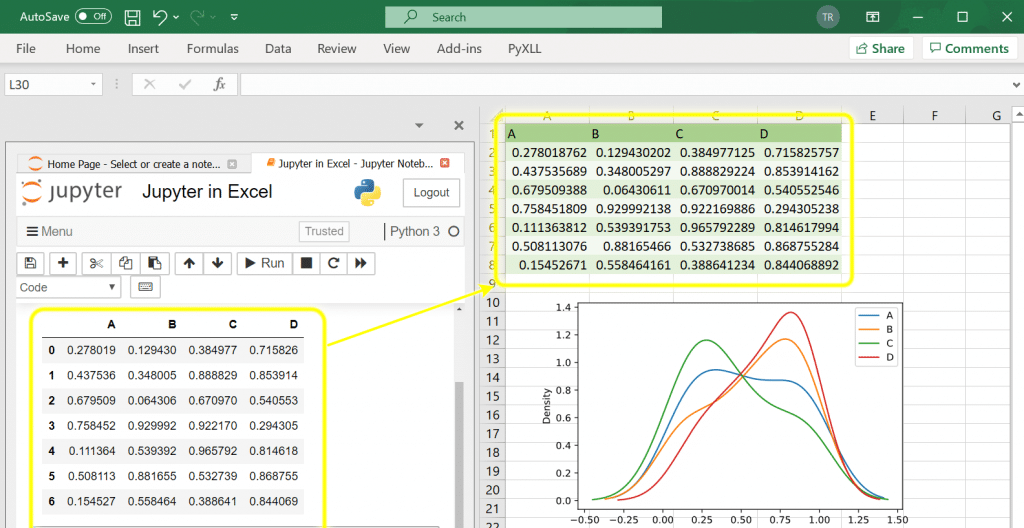

Create a Python virtual environment for Jupyter sudo pip3 install -upgrade pipĪfter that also install virtualenv package, a tool for creating isolated virtual python environments.Ħ. Now, let’s first upgrade our system’s default PIP version to the latest one. Once the above-given commands are completed, both Python3 and PIP3 will be on your system. sudo apt install python3Īlso, we need a PIP package manager to install Jupyter Notebook, hence get that as well. Because we need a Python environment to install and use Jupyter Notebook. The latest version of Python is 3, available to install via the official repository of Ubuntu 22.02 or 20.04. Perform Ubuntu 22.04/20.04 system updateīef0re moving further, first perform the system update that will rebuild the APT package manager cache. To perform this tutorial we need Ubuntu or its based Linux systems with a non-root sudo access user and Python environment.Ģ.

Steps to install on Jupyter Notebook on Ubuntu 22.04 | 20.04 1. Install Jupyter Notebook on Ubuntu 22.04 | 20.04 Steps to install on Jupyter Notebook on Ubuntu 22.04 | 20.04.It allows cross-functional collaboration. The format of the Jupyter Notebooksis the JSON (JavaScript Object Notation) format. The user accesses a notebook on a Jupyter notebook server via a web browser and can interact with the data and information. Jupyter also supports numerous other languages such as C++, Ruby, Haskell, PHP, Java, and many others via so-called kernels.


The name Jupyter is composed of the first letters of the programming languages Julia, Python and R. The Jupyter project originated in 2014 as a spin-off from the iPython project. Other products include JupyterLab, JupyterHub, and Voilà. In a Jupyter notebook, numbers, text, graphics, and executable program code can be combined and made available to users. It is software for sharing and creating interactive worksheets that work on the client-server principle. One of the most famous products of the project is Jupyter Notebook. The Jupyter Project is a non-profit initiative that aims to develop and provide open-source software and open standards for interactive work. Tutorial to learn the steps involve in the installation of Jupyter Notebook on Ubuntu 22.04 Jammy JellyFish and 20.04 Focal Fossa using command terminal.


 0 kommentar(er)
0 kommentar(er)
